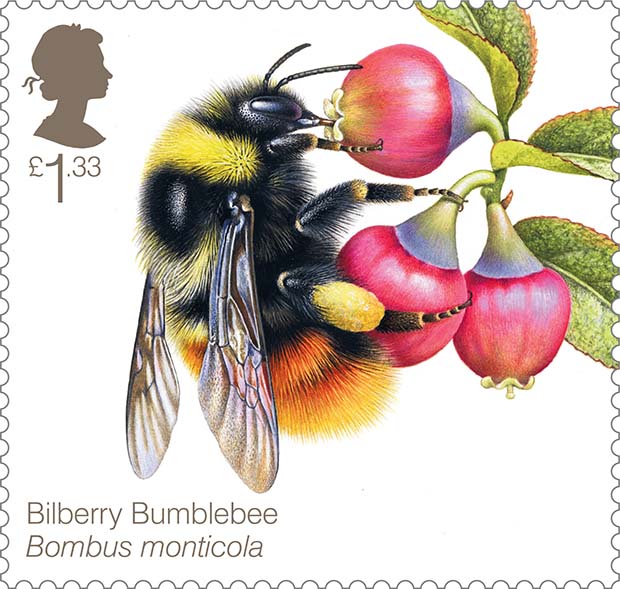Exposure to even small amounts of pesticides is preventing bumblebees from efficiently extracting pollen from their favourite wildflowers, says a new study, raising concerns that the chemicals are impairing the insects' ability to learn.
And scientists warn that could affect the ability of the bees to pollinate both crops and wild plants, which can ultimately harm the food supply. The findings, contained in a study co-authored in Canada and the U.K., show that bumblebees exposed to a realistic level of a neonicotinoid insecticide called thiamethoxam, collected more pollen, but took longer to do so than control bees. The study, published Monday in Functional Ecology, found that low exposure to the crop chemical can hinder the ability of bumblebees to develop the skills they need to collect nectar and pollen. While several studies have been conducted on the effects of pesticides on the honeybee population, these findings are the first to explore how the chemicals may affect the ability of bumblebees to forage from common wildflowers. The pesticides confuse the insects, changing their foraging behaviour and floral preferences and hindering the development of the skills needed to extract nectar and pollen, says University of Guelph professor and senior author Nigel Raine.
Source: CTV News, March 14, 2016
http://www.ctvnews.ca/sci-tech/study-raises-concerns-over-pesticide-eff…

- Log in to post comments
